Some Essential Things to Know About Metal Roofing
Are you considering a metal roof for your home or commercial property? Metal roofing is becoming increasingly popular due to its strength, energy efficiency, and visual appeal. However, before you make a decision, it's essential to understand what metal roofing entails. In this blog post, we'll explore some essential things you should know about metal roofing.
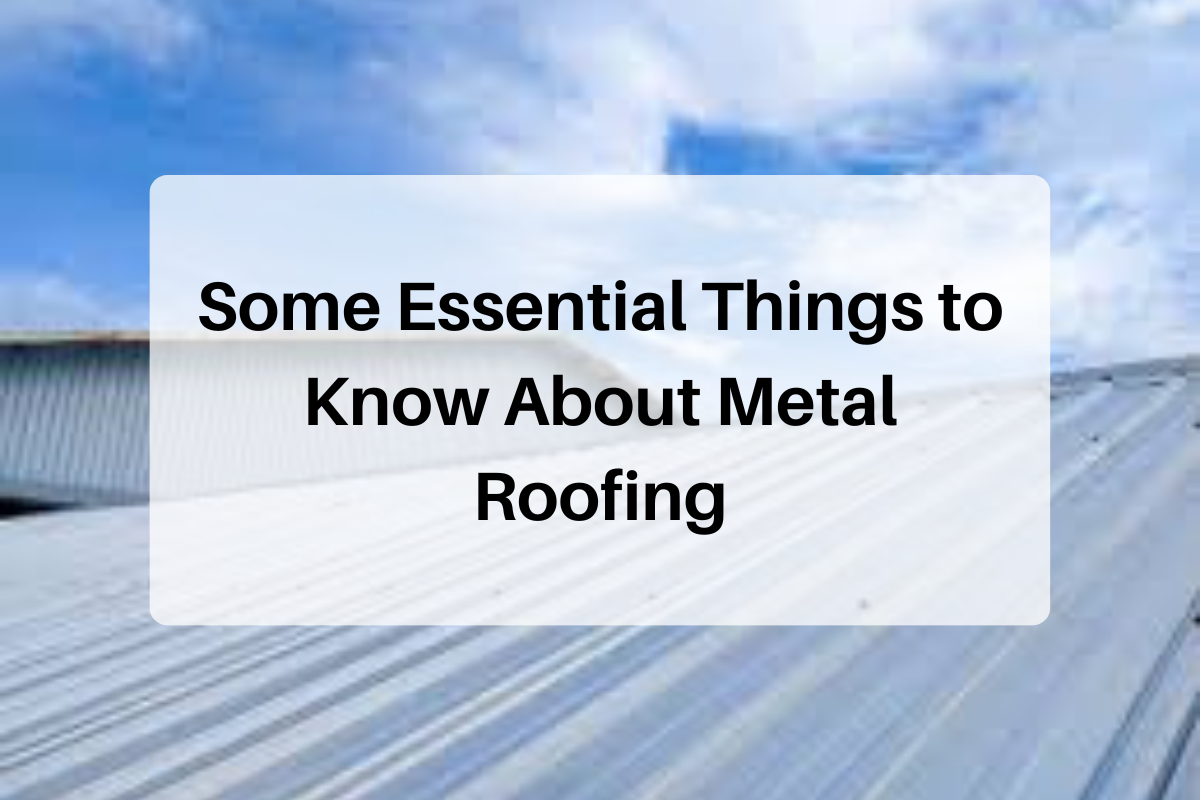
Durability
Metal roofs are known for their longevity. They can last 50 years or more with proper maintenance, making them a durable investment for your property.
Variety of Materials
Metal roofing comes in various materials such as steel, aluminum, copper, and zinc. Each material has unique properties, costs, and aesthetic appeal.
Energy Efficiency
Metal roofs are highly reflective, reducing heat absorption and lowering cooling costs in hot climates. They also offer insulation benefits in colder regions.
Weather Resistance
Metal roofs are designed to withstand harsh weather conditions, including heavy rain, snow, hail, and high winds. They are resistant to fire, mildew, and rot.
Low Maintenance
Metal roofs require less upkeep than traditional roofing materials. Periodic inspections and cleaning are sufficient to ensure their longevity.
Environmentally Friendly
Metal roofing is recyclable at the end of its lifespan, making it an eco-friendly choice. It also contributes to energy efficiency, reducing carbon emissions.
Design Options
Modern metal roofing comes in a variety of styles, colors, and finishes, allowing you to customize the look of your roof to match your property's aesthetics.
Installation Process
Metal roofing is installed in large sheets or panels, reducing installation time compared to traditional roofing materials. Professional installation by a reputable metal roofing company is recommended for optimal results.
Cost Considerations
While the initial cost of metal roofing may be higher than asphalt or wood, its longevity and energy-saving benefits make it a cost-effective choice in the long run.
Fire Resistance
Metal roofs are non-combustible, providing added protection against fires. This feature is especially valuable in areas prone to wildfires.
Reduction of Noise
Metal roofs are not noticeably noisier than other roofing materials, despite popular belief. Proper insulation and installation techniques ensure a quiet interior environment.
Warranty Coverage
Many metal roofing manufacturers offer warranties ranging from 20 to 50 years, covering defects and performance issues. Be sure to understand the warranty terms before installing a metal roof.
Installation Considerations
When installing a metal roof, factors such as roof slope, ventilation, and insulation need to be considered. Proper installation techniques ensure optimal performance and longevity.
Maintenance Tips
While metal roofs are low maintenance, regular inspections are recommended to check for any damage or debris accumulation. Cleaning gutters and removing debris helps maintain the roof's integrity.
Impact Resistance
Metal roofs are highly resistant to impact from falling branches, hail, and debris. This durability protects your property from potential damage during severe weather events.
Energy Savings
The energy-saving properties of metal roofing can lead to significant savings on heating and cooling costs over time. For environmentally conscious homeowners, this makes it a sustainable option.
Professional Installation
Hiring a professional metal roofing company ensures proper installation, adherence to building codes, and warranty coverage. Experienced installers have the skills and equipment to complete the job efficiently.
Roofing Regulations
Before installing a metal roof, it's important to check local building regulations and homeowners' association guidelines. Compliance with regulations ensures a smooth installation process and avoids potential issues in the future.
Customization Options
Metal roofing can be customized to suit your specific needs, whether you prefer a traditional look or a modern aesthetic. Options such as standing seam panels, ribbed profiles, and color choices provide flexibility in design.
Long-Term Investment
While the initial cost of metal roofing may seem higher than other materials, its longevity and durability make it a wise long-term investment. The lifespan of a metal roof often exceeds that of traditional roofing materials, reducing replacement and maintenance costs over time.
Environmental Impact
Metal roofing reflects solar heat, reducing the heat island effect in urban areas and lowering energy consumption for cooling. Its recyclability at the end of its life cycle further minimizes environmental impact.
Insurance Benefits
Some insurance companies offer discounts on premiums for properties with metal roofing due to its durability and resistance to damage. Check with your insurance provider to explore potential savings.
Resale Value
A well-maintained metal roof can enhance the resale value of your property. Its curb appeal, durability, and energy efficiency are attractive features for potential buyers.
Local Climate Considerations
Choose a metal roofing material and design that suits your local climate. For example, in areas with heavy snowfall, a standing seam metal roof with proper snow retention features may be recommended.
Educational Resources
Reputable metal roofing companies provide educational resources and support to help property owners understand the benefits, maintenance, and installation process of metal roofing. Utilize these resources to your advantage to make wise choices.
Conclusion
Metal roofing offers a range of benefits including durability, energy efficiency, and design versatility. By partnering with a reputable metal roofing company and understanding these key aspects, you can make an informed decision about whether metal roofing is the right choice for your property.
FAQ
What are the benefits of metal roofing?
Metal roofing offers numerous benefits, including durability, longevity, energy efficiency, and resistance to extreme weather conditions. It is also environmentally friendly, often made from recycled materials, and can be recycled at the end of its life.
How long does a metal roof typically last?
A well-installed metal roof can last between 40 to 70 years, depending on the material and maintenance. This is significantly longer than traditional asphalt shingles, which typically last around 20 years.


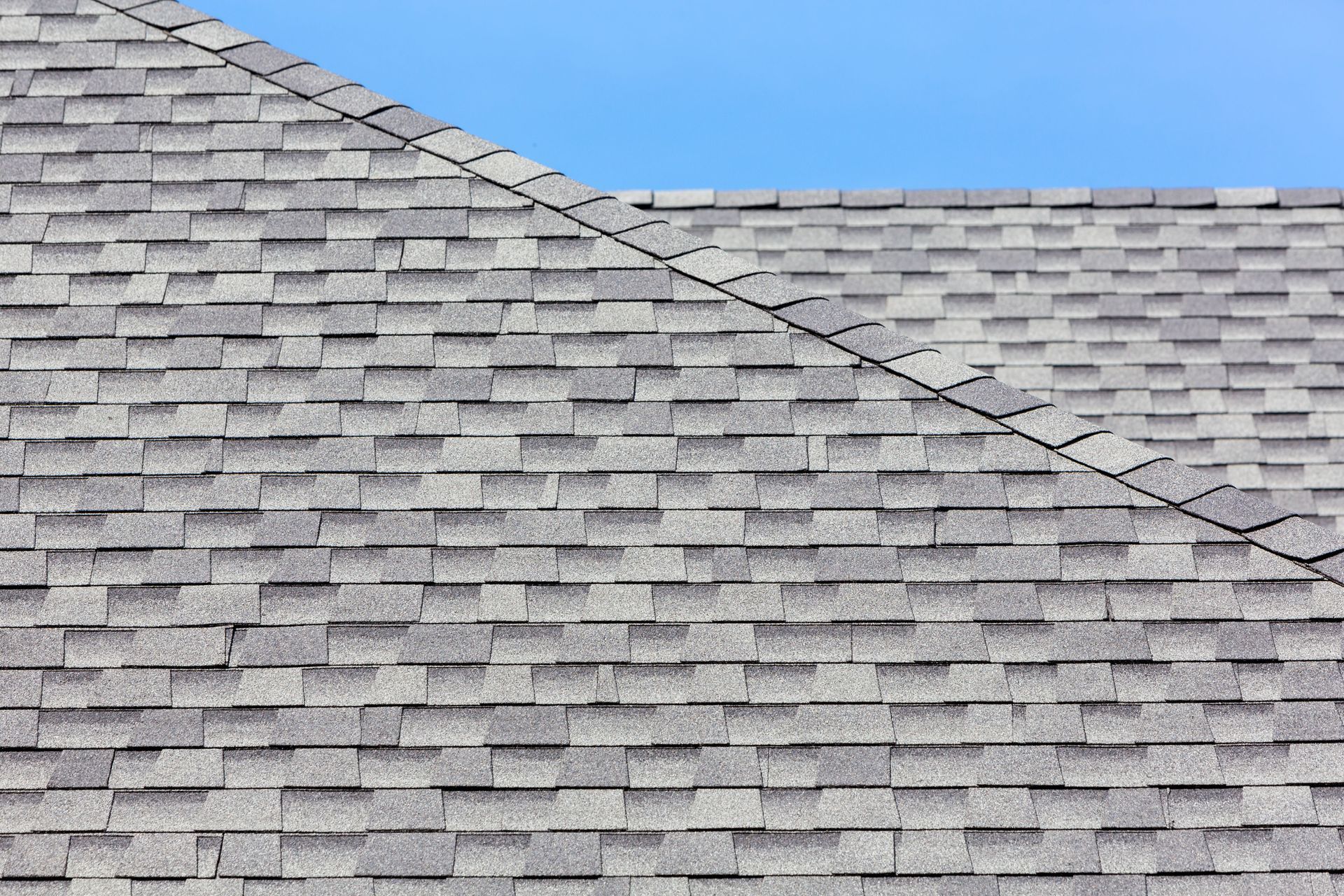
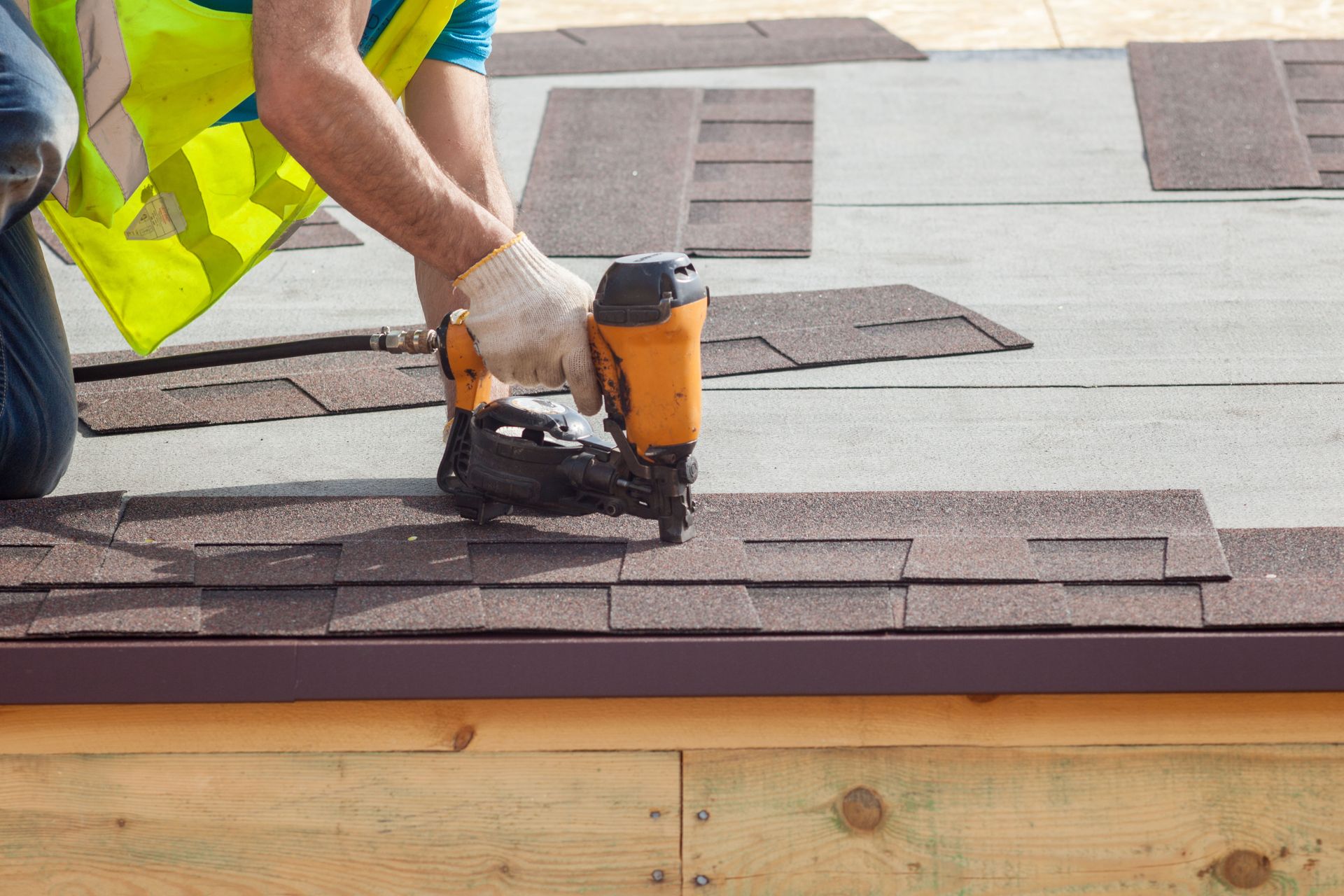
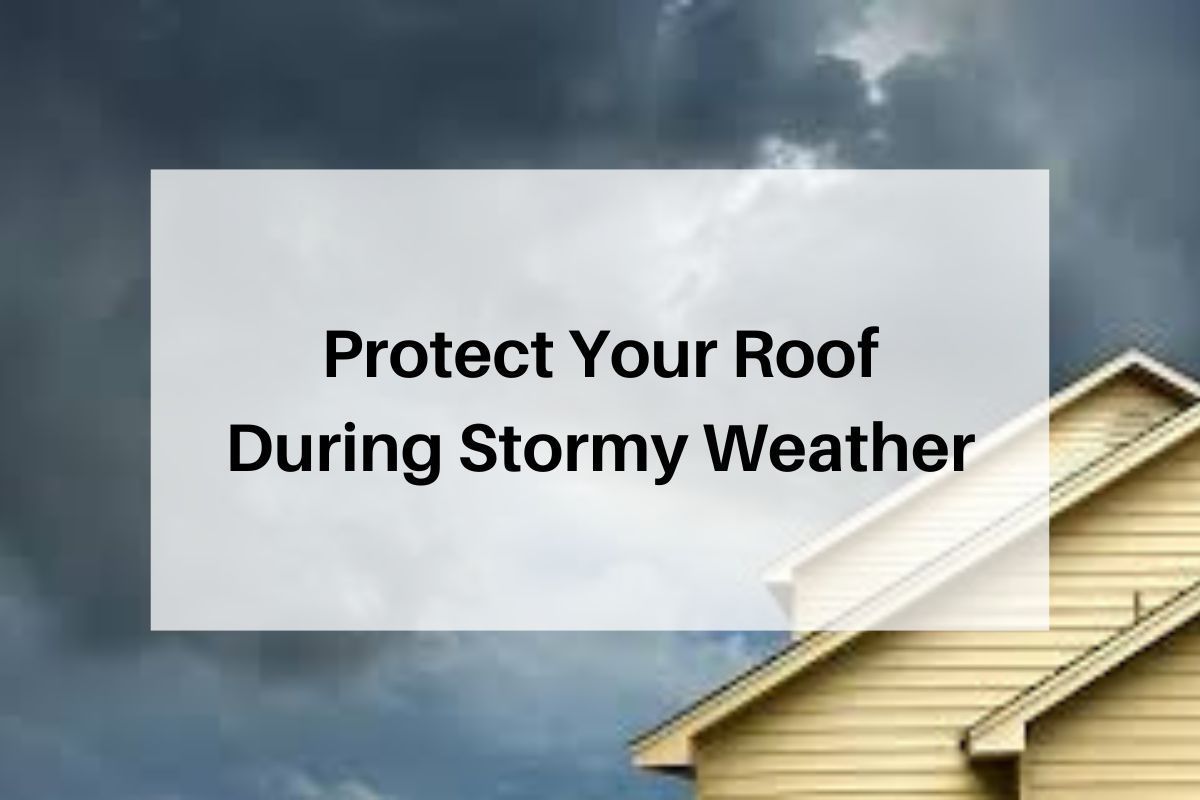
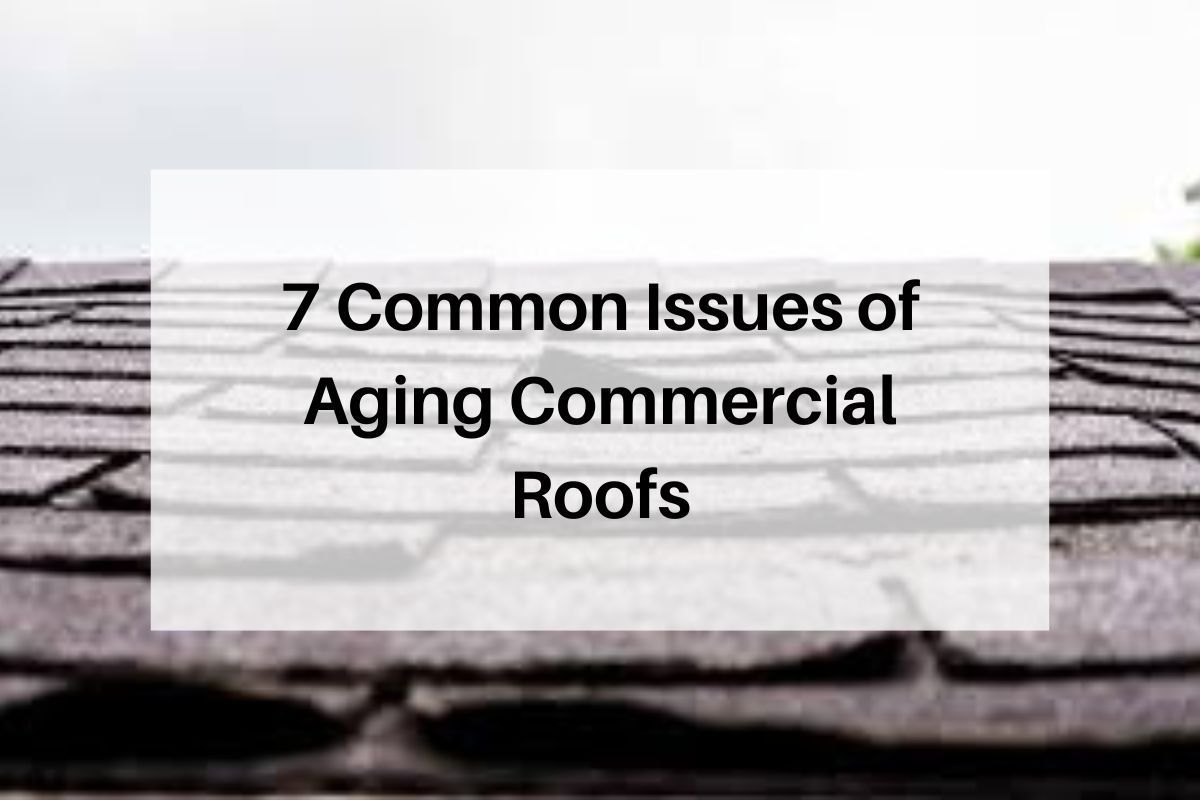
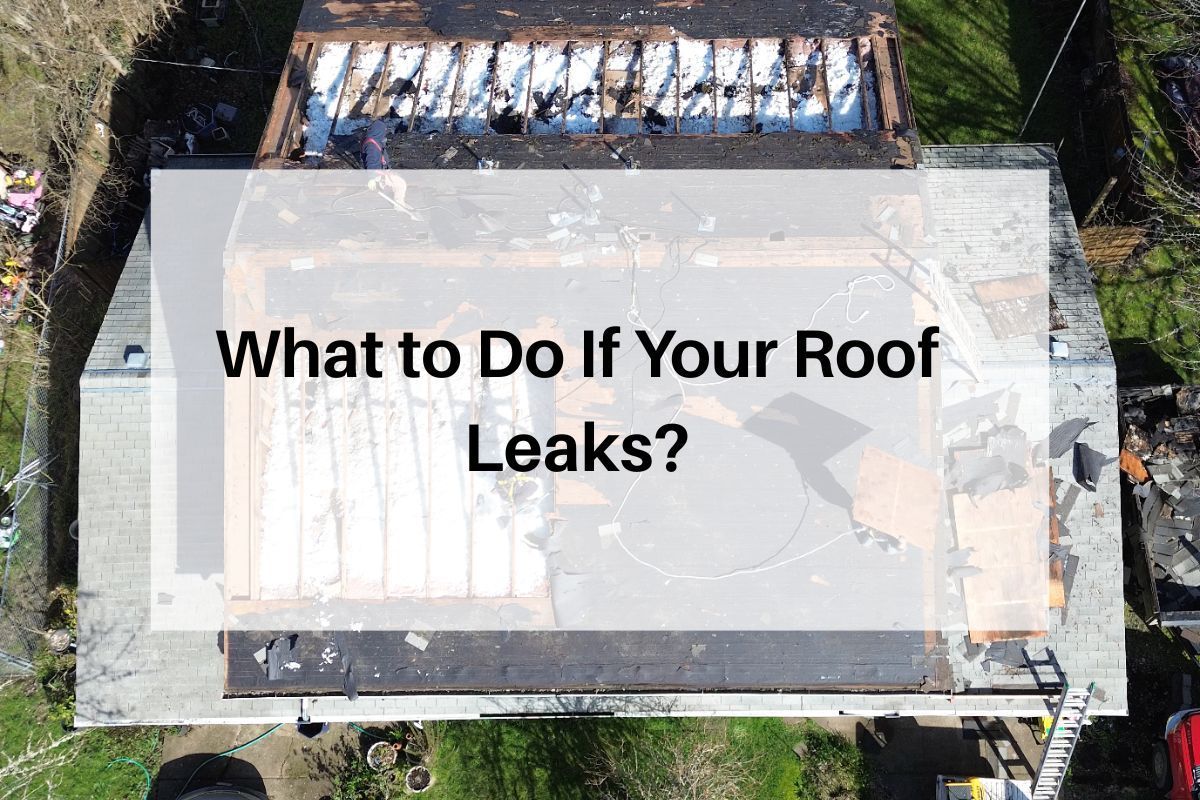

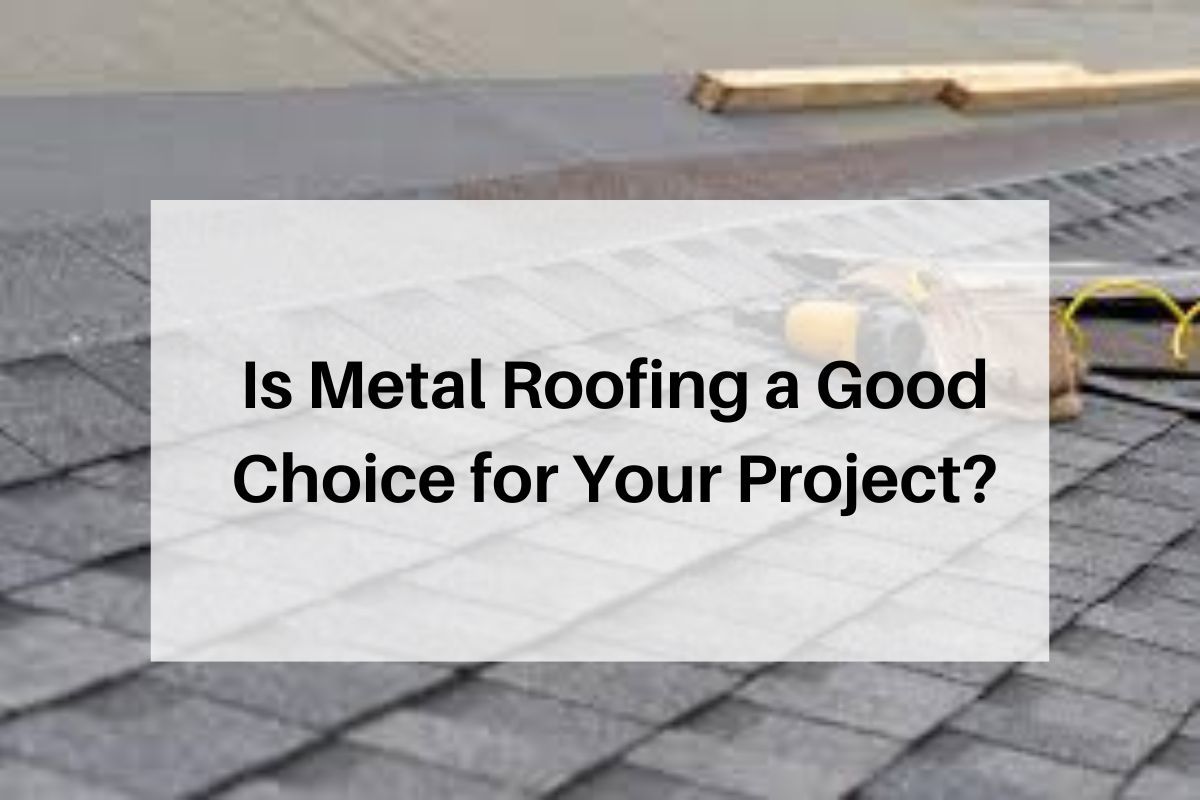
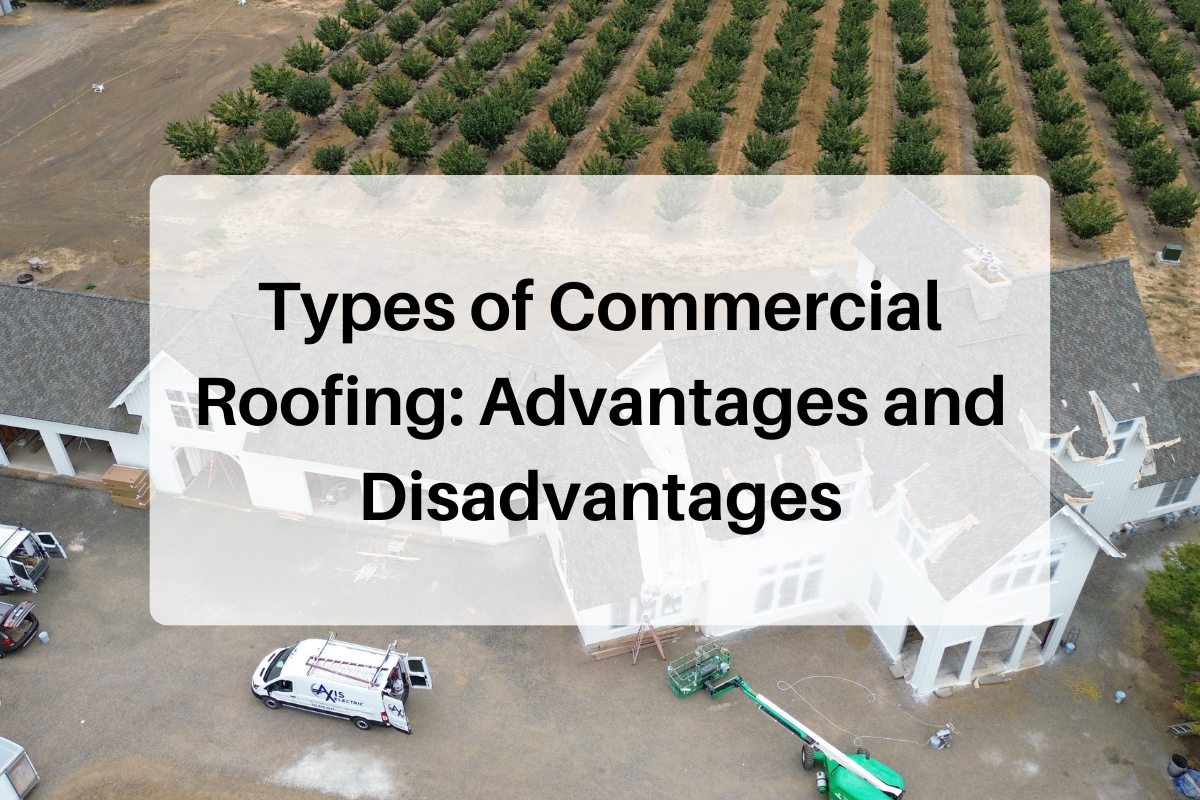

Share On: